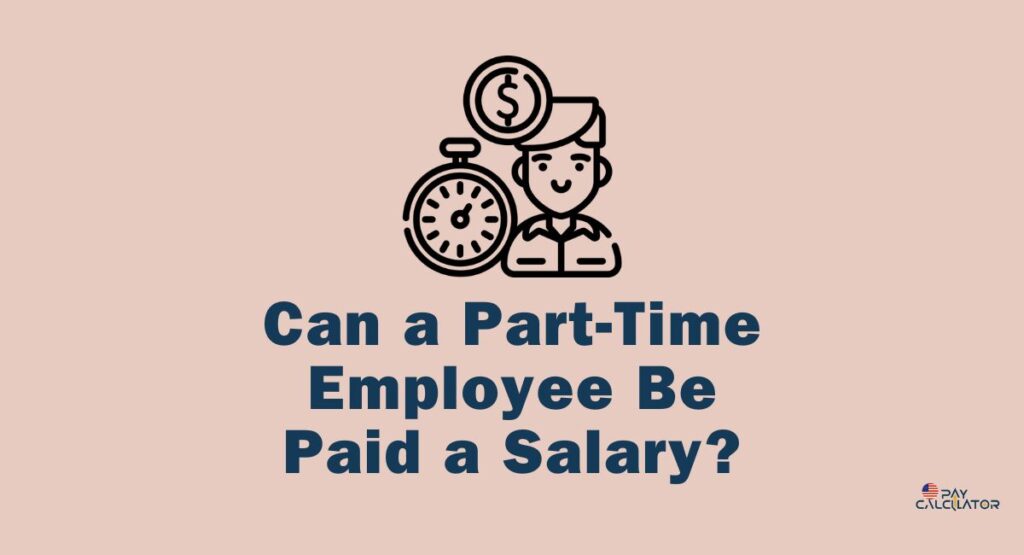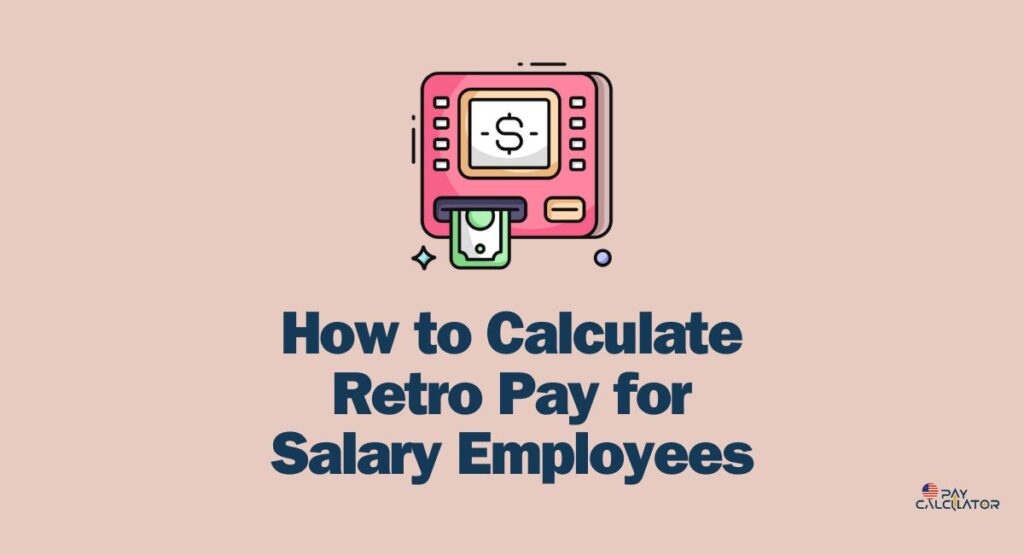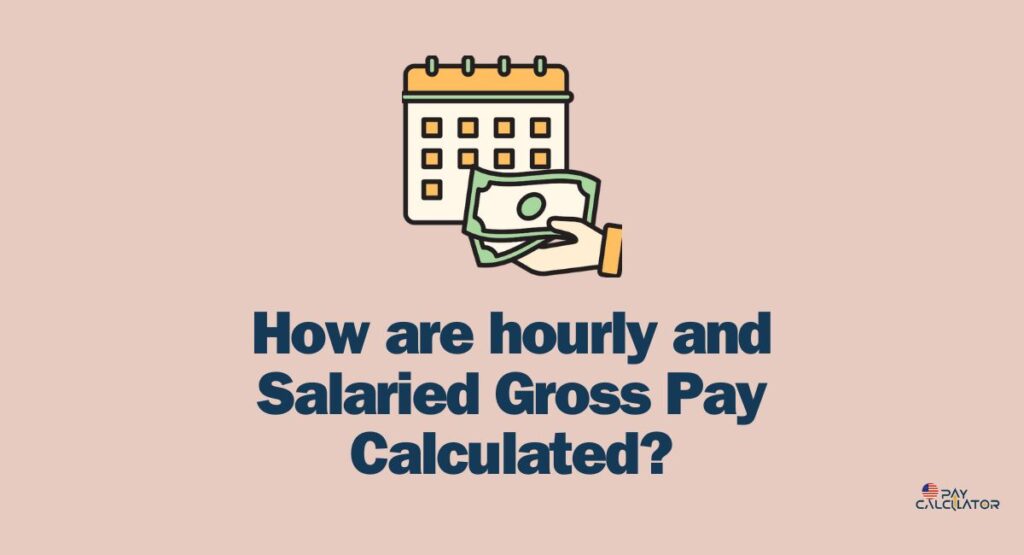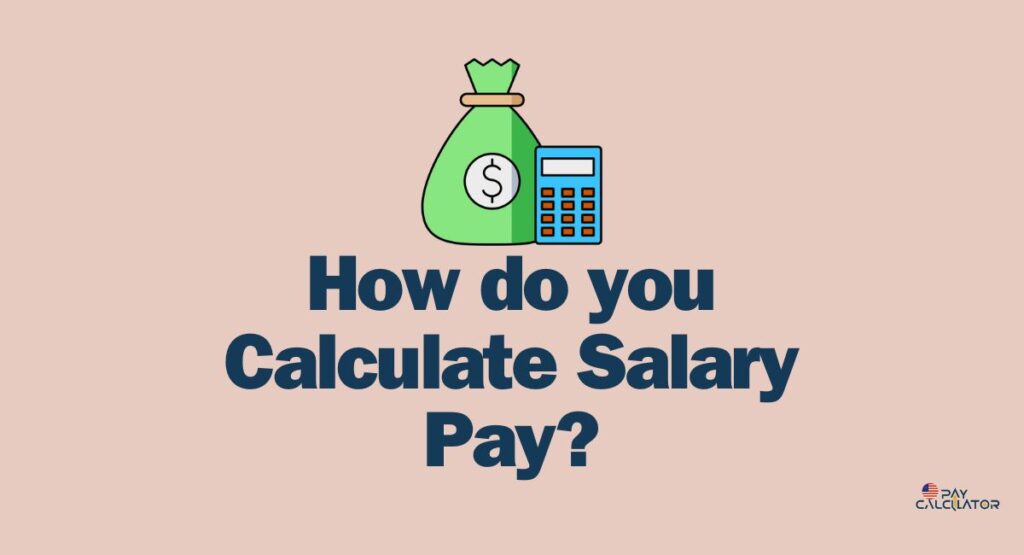
It is believed that paying a salary to a part time or non-exempt employee is very complicated. Many institutions like ministries,often don’t know that the employees who fit perfectly the non-exempt definition fixed by the Fair Labor Standards Act (FLSA) are authorized to receive minimum wage and overtime, even if the worker is paid a salary. Let’s go through the whole guide,so that we can get the right information.
What Is a Part Time Salaried Employee?
So before knowing anything, we have to know what a part time salaried employee is? So, basically a part time salaried employee is employed by any company for a few hours and less than full time. They get a fixed income. As a matter of fact, hourly employees get hourly pay and do not have a fixed hours per week or month to work, but part time employees get fixed number of hours and salary.
Unlike hourly workers, part time salaried employees typically have a set number of hours per week or month, providing some consistency in pay.
This arrangement allows companies to access specialized skills on a reduced schedule while offering employees a predictable income. Don’t miss out! Check our previously published article on Do salaried employees get holiday pay?
Job titles do not create an exemption
Many people get confused during the classification of an employee as exempt because the non exempt employees also do work on the basis of salary. Generally, the job duties and salary of support staff and clerical workers often do not meet the standard. The duties and payroll of helping staff and clerical workers usually do not meet the standard.
For non-exempt employees, hourly pay is the safer compensation method—it’s a straightforward way to track regular and overtime hours, and may offer protection against pay disputes. But, if your ministry is committed to pay a part time employee a salary, then there are some rules of FLSA that you must follow.
For non-exempt employees paid a salary, ministries should:
Check the rate of hourly pay- If your ministry wants to give a salary to a part time employee, then you have to track the number of hours worked by the employee. For each week during the work time, the employee has to work to get at least no less than the federal minimum wage as it is needed by the FLSA. To calculate the hourly rate of pay each week, divide the salary amount by the number of hours worked in that seven-day period.
Research the minimum wage of your area- may be your area’s minimum wage condition is greater than federal standards. Your local Wage and Hour Division office can provide guidance particularly to your region. Take advice from a local lawyer during setting rates of pay. Have you seen it yet? Check our previously published article on How to negotiate salary over email?
Know exceptions to the rule-There are some exceptions to minimum wage standards, especially for the students pursuing academic qualifications and employees with disabilities.
Ignore off-the-clock volunteering- Ministries should have not mind the activity of giving permission to part time employees, it doesn’t matter whether to paid a salary pay or an hourly pay. Even if this is well-intentioned and the worker is willing, the ministry could end up owing back pay, tax withholdings, and steep penalties if an employee’s pay falls below minimum wage.
Two major challenges in part time employee salary processing are mentioned below:
1. Changeable Hours: Part time workers usually have irregular work hours. This variability can complicate payroll calculations. Automated time tracking devices installed on the device of the workers can smooth this process, which provide true compensation for irregular work schedules.
2. Tax Filings and Conformity: Small businesses may need support navigating complex tax rules. Some devices do tax filings and keep up-to-date with the recent legislation. For more information, check our previously published article on How Does Salary Pay Work?
Frequently asked questions
In both cases, the employee works fewer hours than a full-time employee, however, a part-time salaried employee receives the same amount of pay, regardless of how many hours they work per week. A part-time employee who did not get salaried usually gets an amount based on the number of hours they had performed work in a pay period.
Getting benefits totally depends upon the company since some employers do offer benefits to their part-time employees, it doesn’t matter that they are salaried or not. Employers might offer different benefits to full-time employees if they offer some benefits to part-time employees and, sometimes, they may offer the same benefits to both part-time and full-time employees.
Because part-time salaried employees rarely receive pay based on their hours, most employers do not require them to track their hours. But, they have to track their hours if the workers work for irregular hours.
Conclusion
So, now we know that a part time employee can get a salary like full time employees and also they could get benefits depending upon the company. But the main problem is that part time employees work for a variable hour, so it is important to track their number of hours during a pay period, to give them a fair salary. Check: Does child support increase if salary increases?





